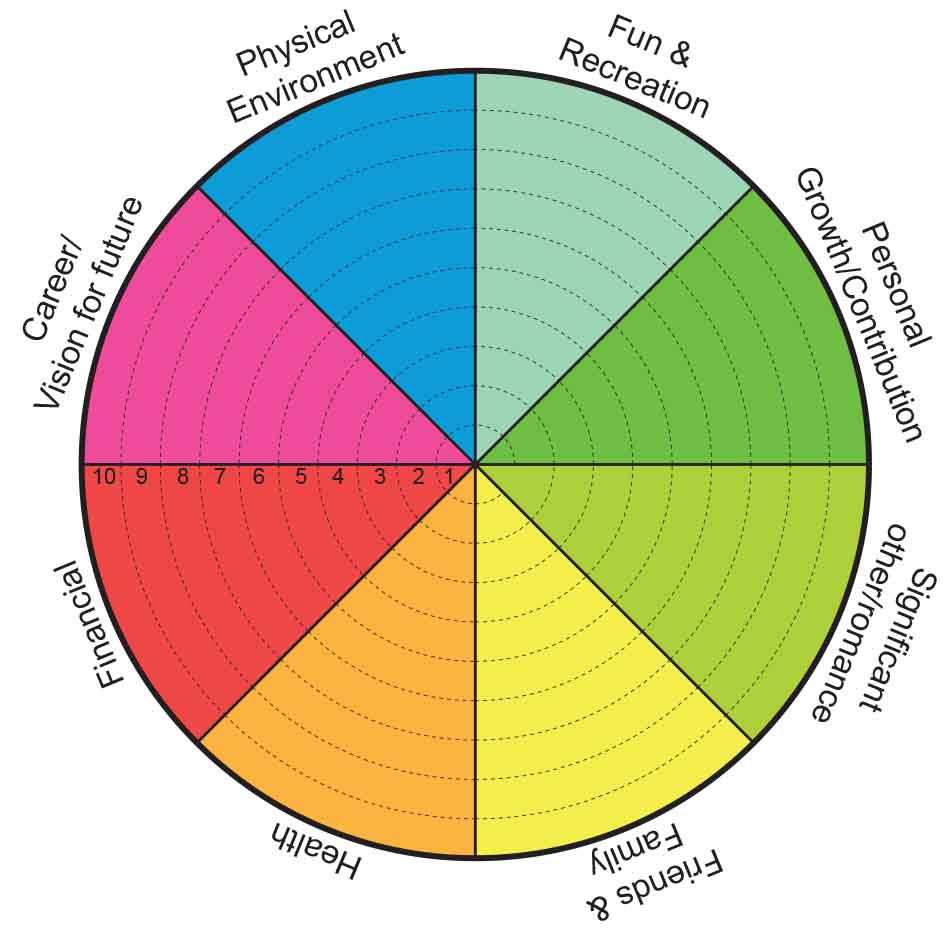In the 1960’s, Douglas McGregor, an American social psychologist, formulated his famous X-Y theory in his book ‘The Human Side of Enterprise’. His theory suggests two aspects of human behaviour at work, or in other words, two different views of individuals (employees). One of which is negative, Theory X and the other is positive, Theory Y. McGregor’s XY Theory remains central to organisational development, and to improving organisational culture.
McGregor’s X-Y theory is a simple reminder of the natural rules for managing people, which under the pressure of day-to-day business are all too easily forgotten.
Theory X (‘authoritarian leadership’ style)
Theory X leaders tend to take a pessimistic view of their people, and assume that they are naturally unmotivated and dislike work. As a result, they think that team members need to be prompted, rewarded or punished constantly to make sure that they complete their tasks.
Work in organisations can be repetitive, and people are often motivated with a “carrot and stick” approach. Performance appraisals and remuneration are usually based on tangible results, such as sales figures or product output, and are used to control staff and “keep tabs” on them.
This style of management assumes that workers:
• Dislike their work or looking for the easy option.
• Avoid responsibility and need constant direction.
• Have to be controlled, forced and threatened to deliver work.
• Need to be supervised at every step.
• Have no incentive to work or ambition, and therefore need to be enticed by rewards to achieve goals.
According to McGregor, authority is rarely delegated, and control remains firmly centralised. These leaders are more authoritarian and actively intervene to get things done.
Theory X can more often than not be the default for many organisation. There is little understanding of the impact on employees and the organisation itself. For some organisations, this is the easy option due to the number of employees and the tight deadlines that they have to meet.
Theory Y (‘participative management’ style)
Theory Y leaders have an optimistic, positive opinion of their people, and they use a decentralised, participative leadership style. This encourages a more collaborative, trust-based relationship between the leader and their employees.
People have greater responsibility, and the leader encourages them to develop their skills and suggest improvements. Appraisals are regular but, unlike in Theory X organisations, they are used to encourage open communication rather than control staff.
Theory Y organisations also give employees frequent opportunities for self-development.
This style of leadership assumes that workers are:
• Happy to work on their own initiative.
• More involved in decision making.
• Self-motivated to complete their tasks.
• Enjoy taking ownership of their work.
• Seek and accept responsibility, and need little direction.
• View work as fulfilling and challenging.
• Solve problems creatively and imaginatively.
Theory Y has become more popular among many of today’s successful organisations. This reflects workers’ increasing desire for more meaningful careers that provide them with much more than just money.
It’s also viewed by McGregor as superior to Theory X, which, he says, reduces workers to “cogs in a machine,” and likely demotivates people in the long term. This has an impact on employee’s productivity and ultimately the profitability of the organisation.



